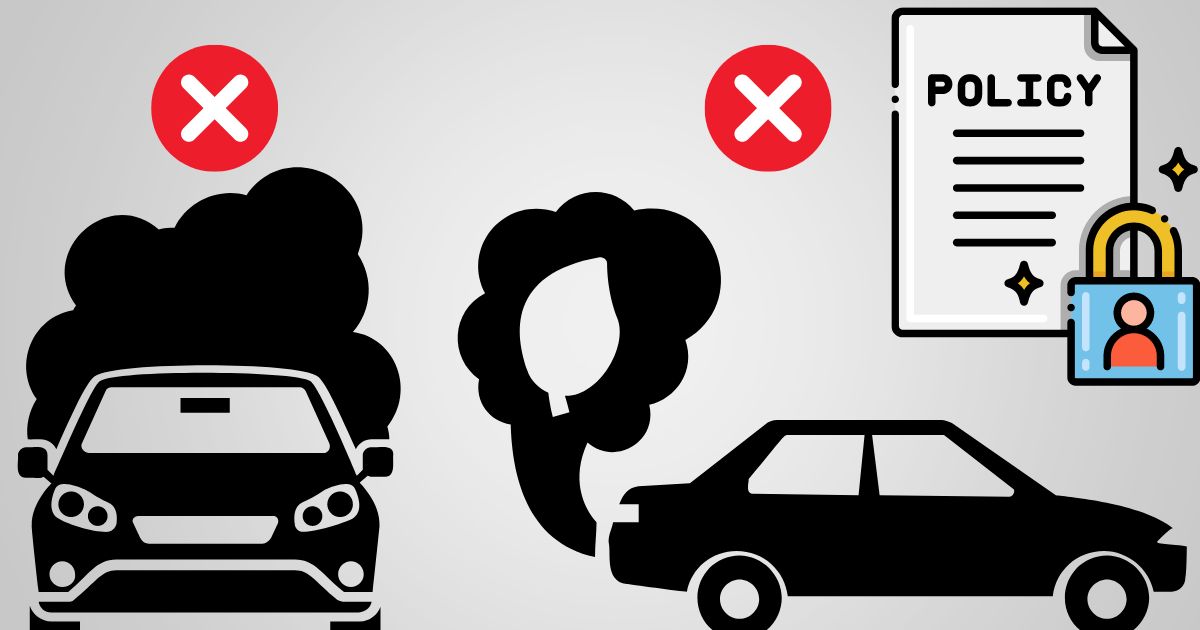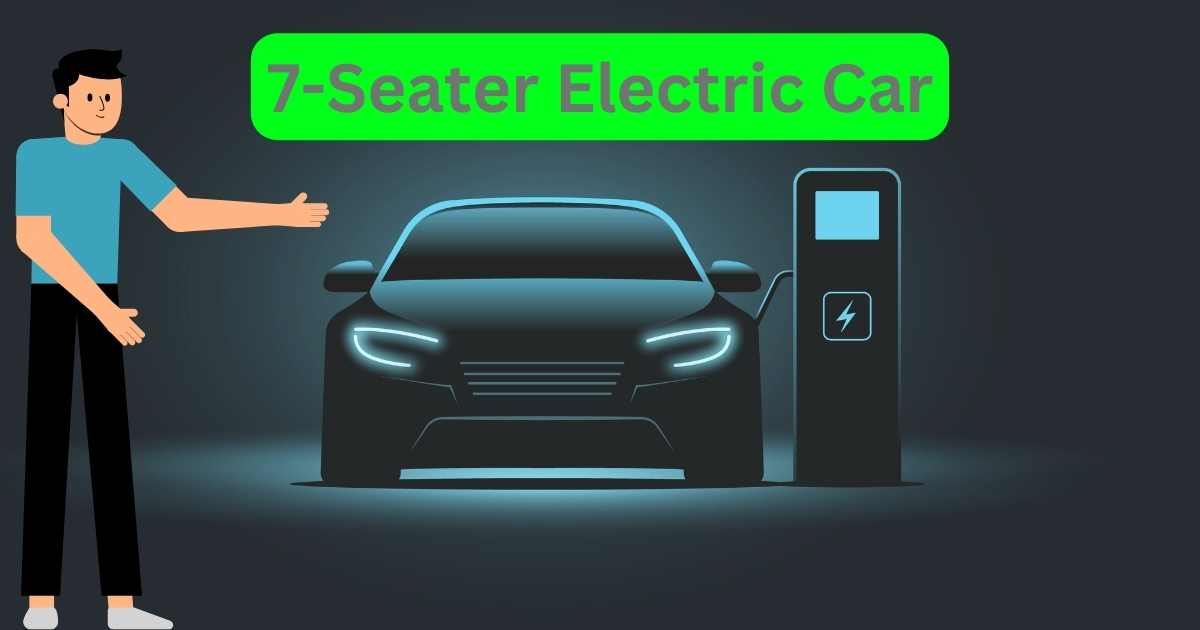Australia’s government has made a decision that has sparked a lot of discussion and debate.
There has been a recent decision to relax the regulations regarding the amount of pollution that cars, particularly larger vehicles such as utes and vans, are allowed to emit. It appears that the car companies’ request was what prompted this change.
Let me break it down for you: the government has decided to push back the implementation of these more stringent pollution regulations by six months.
In a rather interesting twist, certain large 4WD waggons, such as the Toyota LandCruiser and Nissan Patrol, are now being referred to as “light commercial vehicles” instead of the traditional “passenger cars.”
While it may not appear significant, this development implies that these models will be exempt from the more stringent pollution regulations.
The government claims that their decision is based on the vehicles’ resemblance to other commercial ones in terms of their structure and load capacity.
However, there are differing opinions among many individuals. According to critics, this decision is seen as contradicting Australia’s ongoing efforts to combat car-related pollution, which is a significant contributor to the overall pollution on our roads.

It feels as though we are slowing down instead of making progress in our efforts to reduce pollution and combat climate change.
There is a clear trend among car companies to delay the transition to electric cars, and this move falls in line with that pattern.
Even in the US, major car manufacturers such as Ford and GM are scaling back their efforts to produce electric cars due to lower-than-anticipated consumer demand.
In the US, carmakers successfully convinced the government to reduce the required fuel efficiency targets for vehicles. It is evident that car companies worldwide are not particularly enthusiastic about transitioning to electric cars or prioritising cleaner vehicles.
This decision carries significant weight in Australia, as the country no longer produces its own automobiles.
Global car companies wield significant influence in this context. They belong to organisations such as the Federal Chamber of Automotive Industries, which consistently opposes stringent pollution regulations.
These automakers’ pressure is not the only factor influencing the government’s decision.
Some people believe that tradespeople, who frequently drive large utility vehicles, are resistant to regulations that would make their vehicles cleaner but more costly.
However, it’s important to note that this extends beyond politics and large corporations.
It’s also about our perspective on utes in Australia. Once humble work vehicles, they have now transformed into symbols of success and luxury.
In recent times, utes have been equipped with a plethora of sophisticated features that transform them into luxurious vehicles rather than mere work tools. It has become increasingly challenging to reduce pollution due to the growing preference for larger, more extravagant vehicles that consume more fuel.
As Australia grapples with this ongoing discussion, it is crucial for us to explore the possibilities of adopting cleaner and more sustainable modes of transportation.
Loosening the pollution regulations for utes and vans has implications beyond our environmental commitments. It’s indicative of the larger obstacles we encounter globally as we strive to transition to more sustainable methods of transportation.
It’s crucial that we engage in meaningful discussions about improving our planet and securing a better future.






